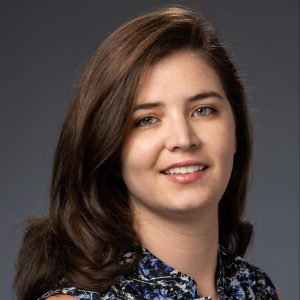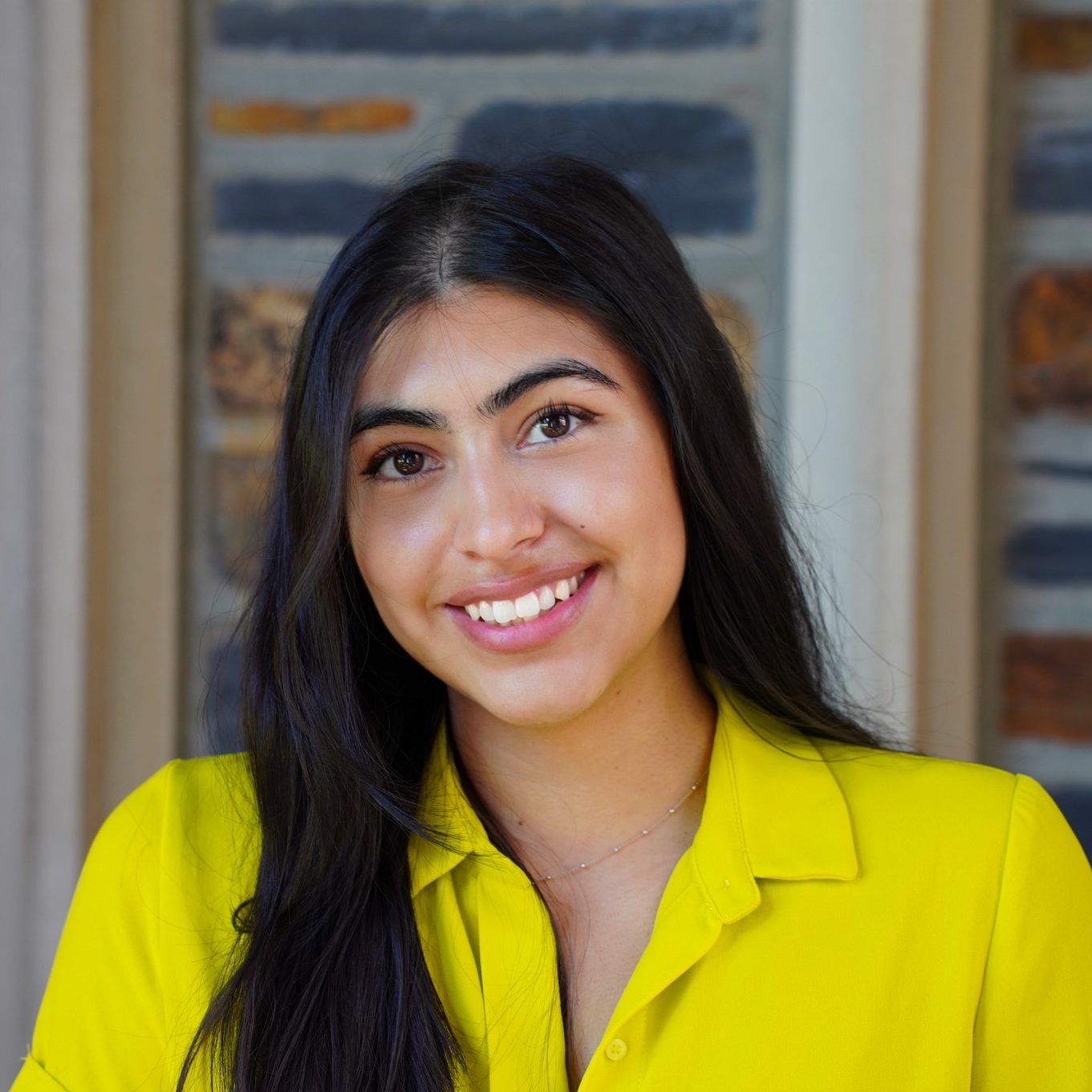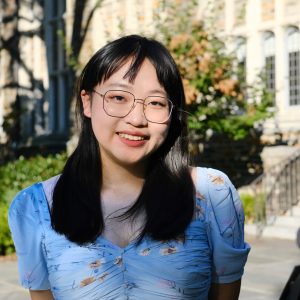PRINCIPAL INVESTIGATOR

DR. CRISTINA SALVADOR
Dr. Cristina Salvador is an Assistant Professor in the Department of Psychology and Neuroscience at Duke University. She earned her Ph.D. in Social Psychology with honors from the University of Michigan and a B.A. in Psychology and Neuroscience from Pomona College. Her research program examines how culture influences psychology, focusing on norms, cognition, emotion, and the self. She uses a variety of methods from electroencephalography (EEG) to country-level comparisons to examine the influence of culture. One of her primary goals is to expand the scope of cultural psychology to examine how classically held tendencies differ in regions underrepresented in the current psychology literature. Specifically, some of her work aims to situate Latin America in the Cultural Psychology Literature. Growing up in South America with an Ecuadorian and American family influenced her research path.
cristina.salvador@duke.edu | CV
POST DOCTORAL FELLOW

SONIA XINYU PAN
Dr. Sonia Xinyu Pan is a Postdoctoral Associate in the Department of Psychology and Neuroscience at Duke University. She holds a Ph.D. in Social Psychology from the University of Hong Kong, an M.S. in Social Psychology from Peking University, and a B.A. in Philosophy from Shanghai University. Sonia’s research focuses on social cognition in different cultures—how people think about themselves and other people—to understand how people connect. Using methods such as behavioral experiments, big data analysis, diary studies, and fieldwork, she investigates both the barriers and benefits of social connection, aiming to promote a happy life across cultures.
xinyu.pan@duke.edu | CV
GRADUATE STUDENTS

MERCEDES MUÑOZ
Mercedes Muñoz is a 4th year doctoral student in Social Psychology in the Duke Department of Psychology & Neuroscience. Before joining Duke, Mercedes earned her B.A. in Psychology with Honors from Boston University. Her research largely focuses on understanding how people’s race and culture influences their cognition. Specifically, she investigates how racial ethnic groups in the United States vary in their levels of social norm strength and interdependence. Additionally, Mercedes explores how children and adults develop an understanding of racial categories. Notably much of her work focuses on understanding how Latino individuals racially self-identify and what factors can predict whether a Latino person views their identity as a race or an ethnicity.
P
RA

PATRICK GILBERT MERCADO REYES
Patrick Reyes is a 3rd year doctoral student in Social Psychology in the Duke Departments of Psychology & Neuroscience and Cognitive Neuroscience. Patrick earned his B.S. in Neuroscience with Honors and his B.A. in Psychology from the University of Delaware. His research focuses on the role of sociocultural factors in shaping the brain and our cognition, with an emphasis on the integration of psychological, neurophysiological, and neuroimaging methods. He hopes his work can add to the growing body of cultural neuroscience, as well as shed light on understudied and underrepresented cultural groups.
patrick.reyes@duke.edu | CV
P
RA

NATALIA ESPINOSA
Natalia is a 3rd year PhD student in Social Psychology in the Department of Psychology & Neuroscience. Prior to her graduate studies, Natalia received her B.A. in Neuroscience from Duke in 2019. Her research uses methods from neuroscience and psychology to examine how culture influences cognition, emotion, and the self. Natalia hopes to expand the scope of the current literature to examine the unique psychological profile of Latine people and test the broader idea that interdependence, although widely shared across non-WEIRD cultures, has (i) culturally variable features and (ii) psychological consequences.
natalia.espinosa@duke.edu | CV
P

KIRBY LAM
Kirby Lam is a 2nd year doctoral student in Social Psychology at the Duke Department of Psychology and Neuroscience. Prior to Duke, Kirby graduated from Pomona College with a B.A. in Psychological Science with Distinction and a minor in Asian American Studies. His research investigates the sociocognitive and neurophysiological mechanisms in our interactions informed by our identities. Specifically, his work has focused on how race, gender, and culture shape our constructions and violations of social norms. Their future research will explore these intersectional processes to inform how discrimination, prejudice, and other social processes function.
P
P
P
LAB MANAGER

ELIZA GOLDSTEIN
Eliza Goldstein is a third-year undergraduate student pursuing a Bachelors of Science in Psychology with a minor in Global Health. She is interested in clinical and social psychology, specifically the intersections and variance of psychopathology among differing cultures. After completing her undergraduate degree, she plans to pursue a Ph.D. in Clinical or Counseling Psychology or a Masters. Outside of research, she enjoys teaching spin classes, reading, biking, and spending time with her friends.
P
HONORS THESIS STUDENTS

JENNIFER HU
Jennifer is a junior at Duke University majoring in psychology. She is interested in exploring how people form connections and share emotional experiences, and how these experiences vary across cultures. After graduation, she plans to attend graduate school to pursue a Ph.D. in psychology. In her free time, she enjoys traveling, listening to Taylor Swift, and scrolling through puppy videos.
P
P

JEANIE JA
Jeanie is a junior at Duke University studying Psychology and East Asian Studies. Her interests lie in the intersection between race/ethnicity and mental health, especially in Asian American diaspora communities. She hopes to pursue a PhD in Clinical Psychology after graduating. In her spare time, Jeanie enjoys singing, drawing, and watching shows/movies.
P
P
P
RESEARCH ASSISTANTS

SOPHIA CORREDERAS
Sophia is a junior at Duke University with majors in Political Science and Psychology. Her Cuban background prompted her to explore how different cultures express their emotions as well as how to help foster communication and cooperation amongst varying groups. She plans to continue to graduate school after completing her undergraduate studies.
P
P
P
P
P
P

SABRINA MANERO
Sabrina Manero is a first-year undergraduate student intending to double major in Neuroscience and Global Culture and Theory. At the Duke Culture Lab, she works under Patrick Reyes to investigate the role of sociocultural factors in shaping brain cognition, exploring cultural amalgamation as a process beyond traditional acculturation or assimilation models. After graduation, she anticipates attending law school, guided by her interest in the intersection of neuroscience and philosophy.
P\\\
P\\\

ROSE SIMONS
Rose Simons is a first-year undergraduate student planning to major in Computer Science. She is particularly interested in how Computer Science contributes to research and drives positive change through innovation. She works under Sonia Pan, exploring the psychology of culture and its influence on how people perceive others, using Natural Language Processing and word embeddings.
P\\\
P
P
P
P

SRILAKSHMI VENKATESAN
Srilakshmi Venkatesan is a first-year undergraduate student hoping to major in Neuroscience. She is interested in exploring cultural amalgamation and its prevalence in society in comparison to traditional acculturation or assimilation models. In addition, she is interested in EEG based studies to understand the interplay between culture and neuroscience.
P
P
P
LAB ALUMNI
Laura Norman (Duke 2026)
Joseline Barragan (Duke 2026)
Carina Lei (Duke 2025), Hart Leadership Scholar at Duke University
Sarah Williams (Duke 2025), PhD Student at Brown University
Vicky Ramirez (Duke 205)
Dani Tejada (Duke 2025)
Caimao Liu (Duke 2024), PhD Student at the University of Virginia
Alejandra Mella-Velazquez (Duke 2024)
Alex Leo-Guerra (Duke 2023)
Deborah Cesarini (CNAP Rotating Student)
Rachel Kamis (Duke 2023)
Nicolas Pardo (Duke 2023), PhD Student at USC
Rafaella Zanatti (Duke 2023), MA Student at Columbia University
Janet Kim (Lab Manager 2022-2023)
Kate Leonard (Duke 2022)
Emily Sen (Duke MA Bioethics & Science Policy 2021)












